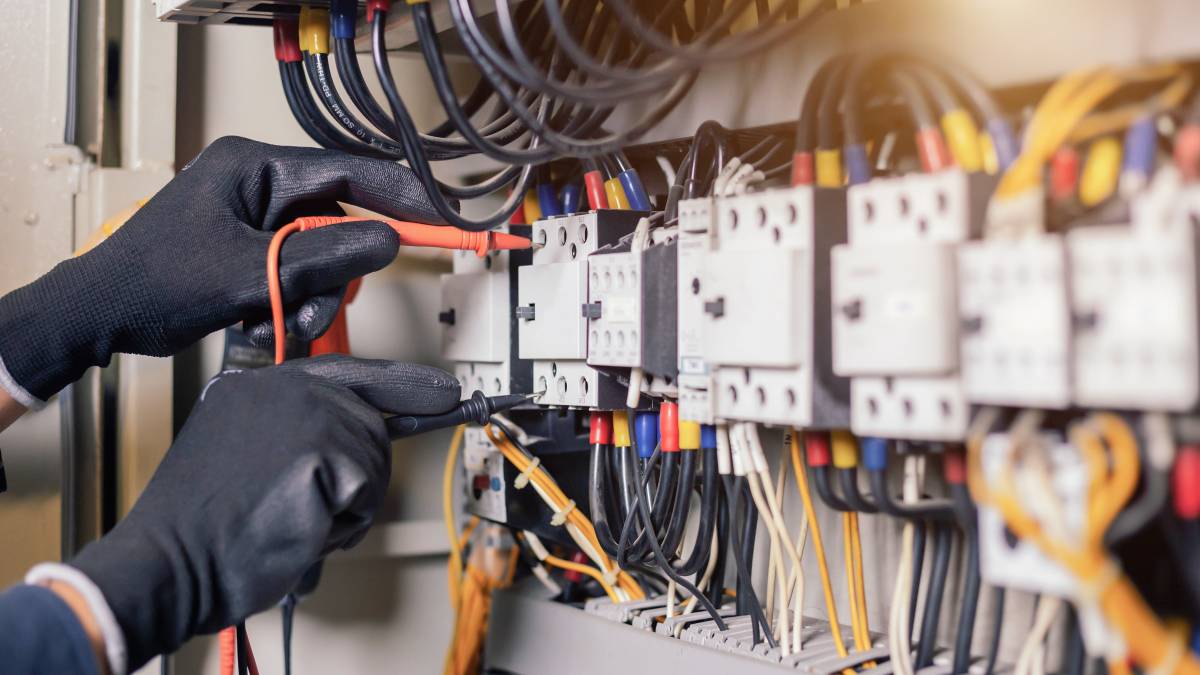Electricians play a pivotal role in Canada’s workforce, contributing to various industries, including construction, manufacturing, and maintenance. As Canada continues to experience economic growth and development, the demand for skilled electricians remains high. Additionally, with the country’s aging workforce and the emergence of new technologies, there is a pressing need to attract qualified electricians from around the world to fill vacancies. This article delves into the landscape of electrician jobs in Canada, exploring opportunities, requirements, and the process of visa sponsorship for international electricians seeking employment in the Great White North.
Overview of Electrician Jobs in Canada
Electricians in Canada are responsible for installing, maintaining, and repairing electrical systems in residential, commercial, and industrial settings. Their duties may range from wiring buildings and troubleshooting electrical issues to ensuring compliance with safety standards and regulations.
According to the Government of Canada’s Job Bank, the demand for electricians across the country remains strong, with job prospects expected to be favorable in the coming years. Factors such as infrastructure development, urbanization, and technological advancements contribute to the sustained demand for skilled electricians.
Electrician Specializations
Electricians can specialize in various areas, including:
- Residential Electricians: Focus on electrical installations and repairs in homes and apartments.
- Commercial Electricians: Work on electrical systems in commercial buildings, such as offices, stores, and restaurants.
- Industrial Electricians: Specialize in electrical maintenance and installations in industrial settings, including factories and manufacturing facilities.
- Maintenance Electricians: Responsible for troubleshooting and repairing electrical systems to ensure continuous operation.
- Construction Electricians: Install electrical systems in new construction projects, including residential and commercial buildings.
Requirements for Electrician Jobs in Canada
To work as an electrician in Canada, individuals must meet certain requirements, which may vary depending on the province or territory. Generally, the following steps are involved:
- Education and Training: Prospective electricians typically complete a formal apprenticeship program, which combines on-the-job training with classroom instruction. In Canada, apprenticeship programs are administered by provincial and territorial authorities or trade unions.
- Certification: Upon completing their apprenticeship, electricians must obtain certification or journeyperson status to practice their trade legally. Certification requirements vary by province and may include passing a written exam and demonstrating practical skills.
- Licensing: Some provinces and territories require electricians to obtain a license to work independently or supervise other electricians. Licensing requirements may include additional exams, work experience, and background checks.
- Safety Training: Electricians are required to undergo safety training to prevent workplace accidents and injuries. This may include certification in first aid, CPR, and workplace safety protocols.
Visa Sponsorship for Electricians
Canada offers several pathways for skilled workers, including electricians, to immigrate to the country through visa sponsorship programs. The most common programs include:
- Express Entry System: This is a points-based immigration system that manages applications for three federal economic immigration programs: the Federal Skilled Worker Program, the Federal Skilled Trades Program, and the Canadian Experience Class. Electricians with relevant work experience and language proficiency may qualify for Express Entry and receive an invitation to apply for permanent residency.
- Provincial Nominee Programs (PNPs): Many provinces and territories in Canada have their own nominee programs designed to address specific labor market needs. Some PNPs have streams dedicated to skilled trades, including electricians, and offer pathways to permanent residency for eligible candidates.
- Atlantic Immigration Pilot: This program is a partnership between the federal government and the Atlantic provinces (Nova Scotia, New Brunswick, Prince Edward Island, and Newfoundland and Labrador) aimed at attracting skilled workers to the region. Electricians with job offers from designated employers in the Atlantic provinces may be eligible to apply for permanent residency through this program.
- Employer-Sponsored Work Permits: Employers in Canada can sponsor foreign workers for temporary work permits under the Temporary Foreign Worker Program (TFWP). Electricians who secure job offers from Canadian employers may obtain work permits to work in Canada temporarily.
Conclusion
Electrician jobs in Canada offer promising opportunities for skilled professionals seeking to build rewarding careers in a dynamic and diverse environment. With the country’s strong economy, ongoing infrastructure projects, and commitment to innovation, the demand for qualified electricians is expected to remain robust in the years ahead. For international electricians interested in pursuing employment opportunities in Canada, understanding the requirements and pathways to visa sponsorship is essential. By meeting the necessary qualifications and exploring available immigration programs, electricians can embark on a fulfilling journey toward professional success and personal growth in the Great White North.

